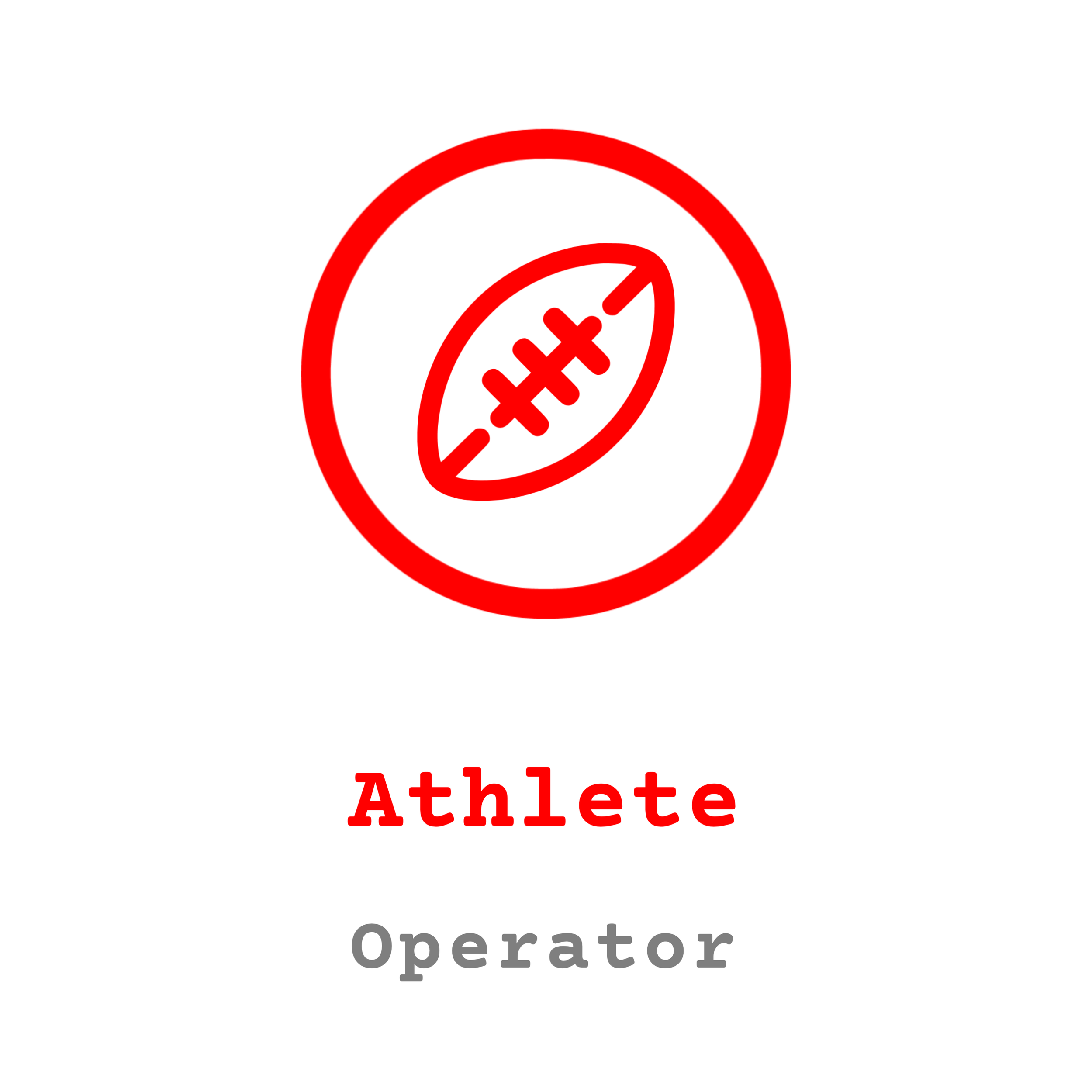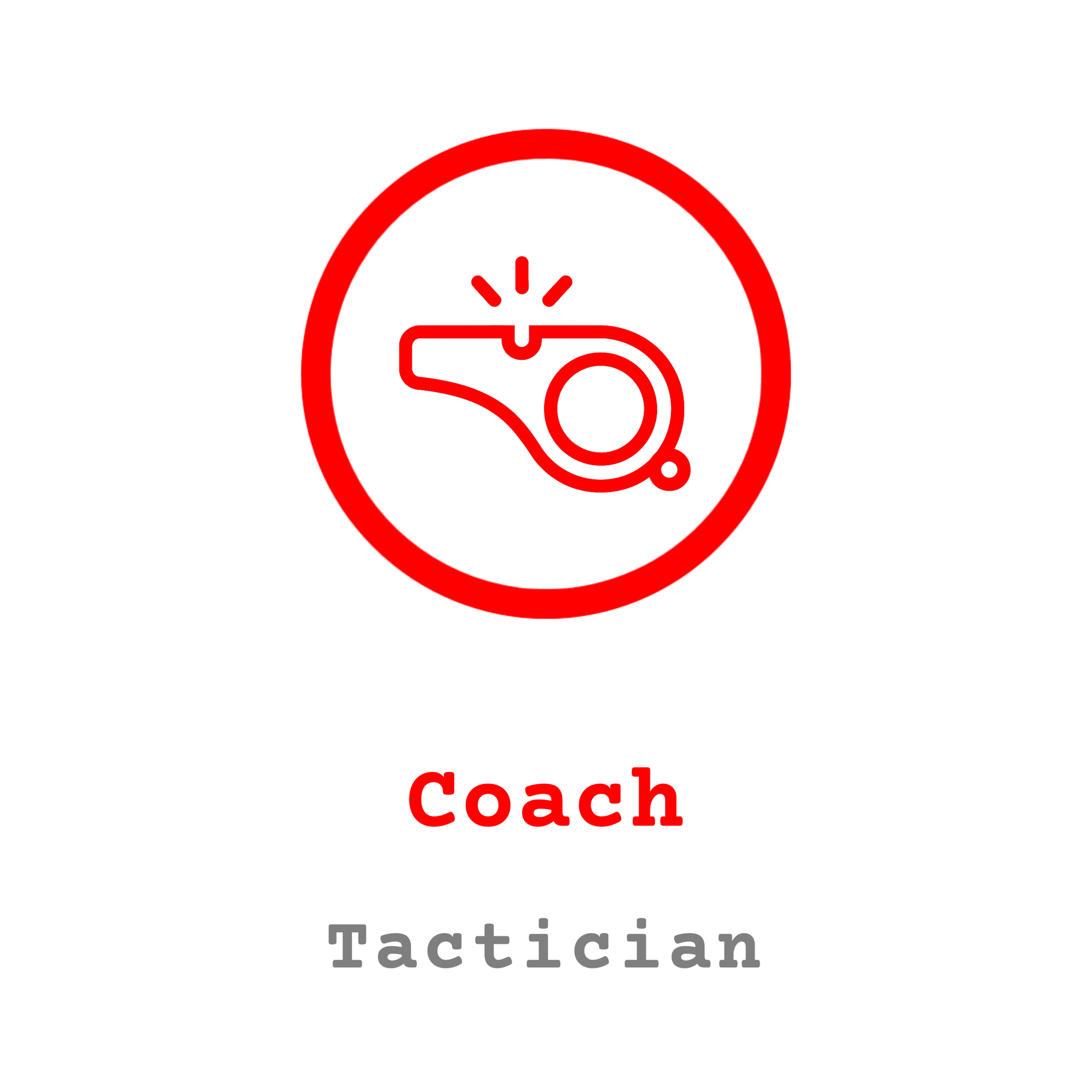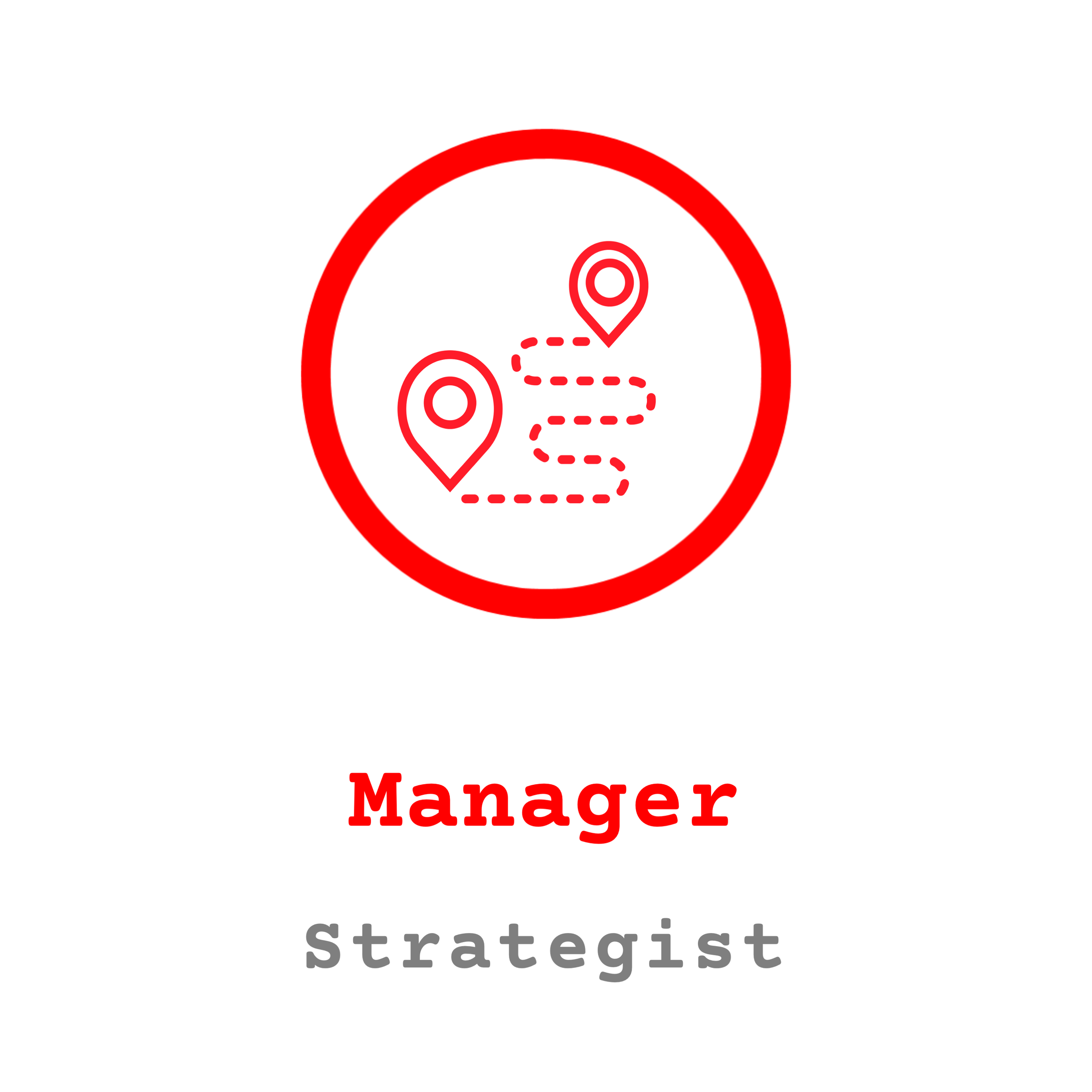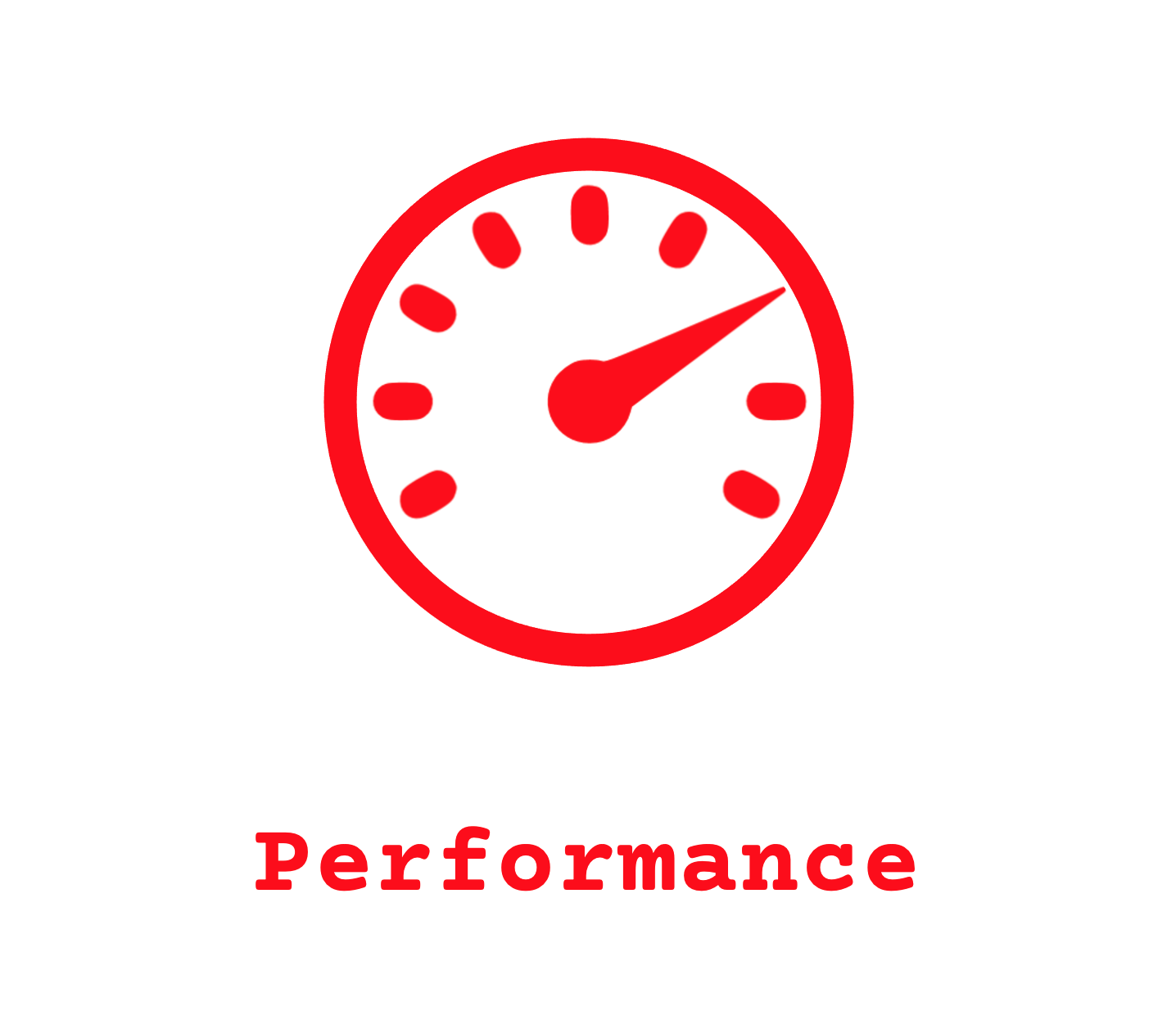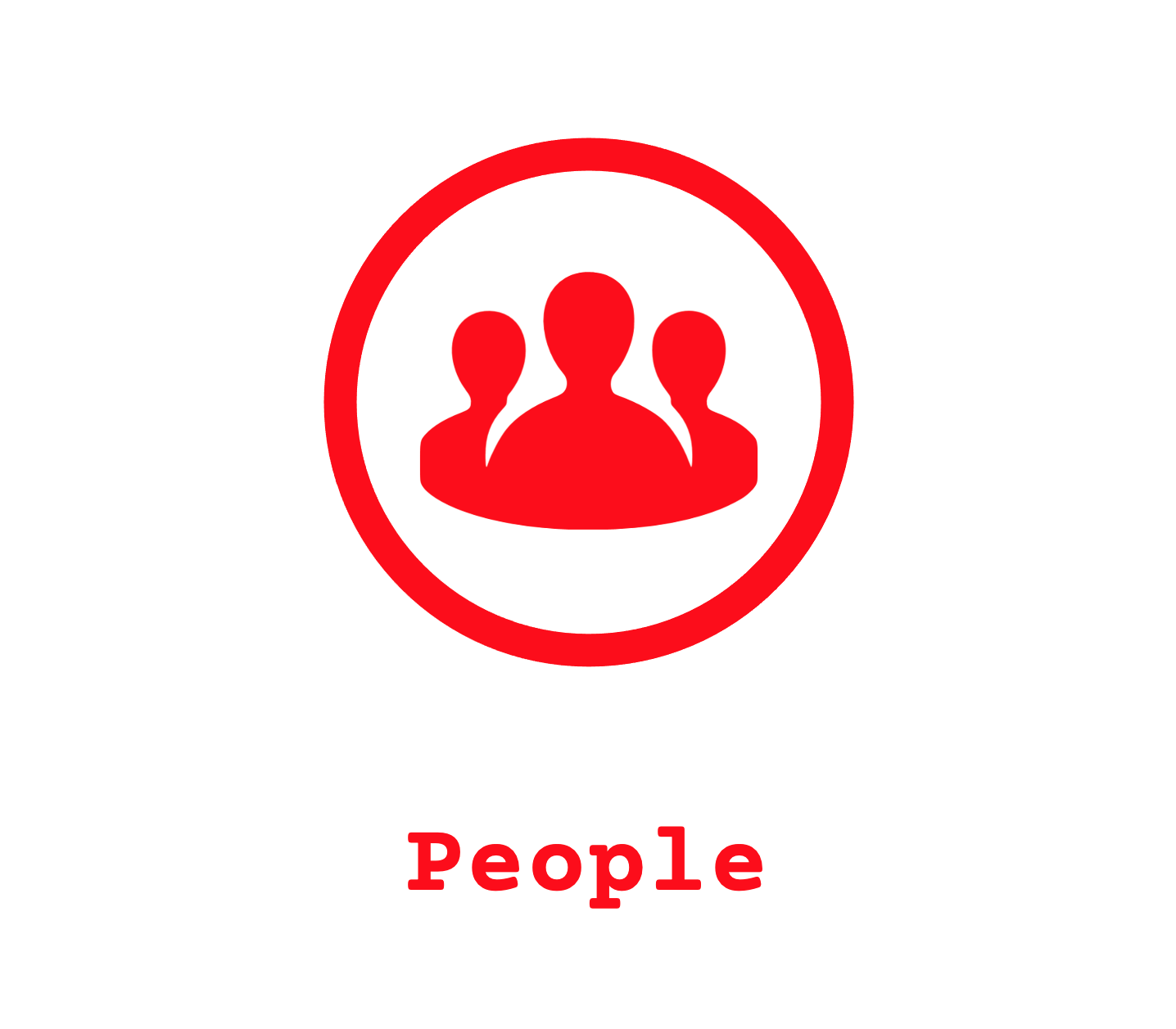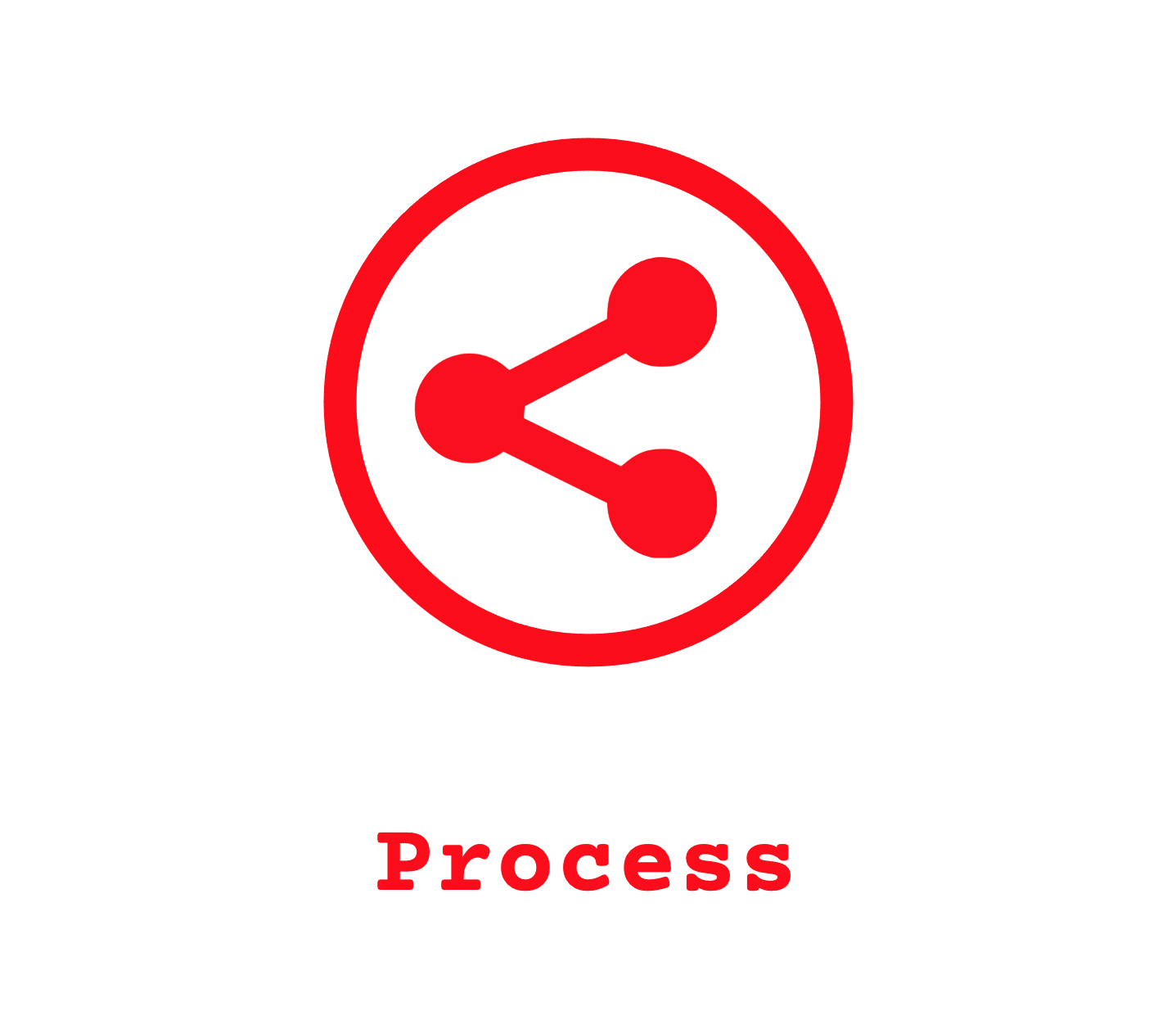
Athletes to Sports Teams
From high-stakes decision-making to execution & competitive edge
Glass Ceilings
Different sporting roles. Same performance blindspots.
Role: Prepare for, and compete at, the highest level with clearly defined performance metrics.
Challenge: Under-trained in decision-making, attention control and execution under pressure.
Symptoms: Bias to physical development & technical skill. Vulnerable to decision cascades in competition, marginal gains elusive, rivals edge ahead.
Role: Develop athletes to achieve peak performance through structured training & tactical guidance.
Challenge: Too focussed on athleticism, under-trained in performance psychology, communication and feedback.
Symptoms: Ineffective coaching cues, limited athlete buy-in. Inability to unlock next-level results as individual & team performance plateaus.
Role: Oversee athletes, coaches, and resources to execute organisational sporting strategy.
Challenge: Gaps in strategic thinking, influence, integration of psychological performance with physical outcomes.
Symptoms: Unleveraged team strengths, missed competitive opportunities, reliance on outdated tactics, Results plateau despite good resources.
If this sounds familiar, let’s explore how to break through. Start a conversation.
“We don't rise to the level of our expectations, we fall to the level of our training.”
Archilochus
Greek Philosopher & Poet
680-645 B.C.
Sporting Blindspots
Top 5 underdeveloped sporting skills.
Across every role in sport, performance blindspots show up in the same five skills, but the evidence looks different for athletes, coaches, and managers:
Athletes
Focus on physical drills, neglecting mental game plans for pressure moments.
Lead through effort, but fail to model composure, resilience or focus.
Struggle to give or receive clear signals when under stress or fatigue.
Avoid reviewing mental errors, decision-making lapses repeat across games.
Let frustration or rivalry cloud judgment, reducing team cohesion and focus.
Coaches
Design training loads, but overlook building athletes’ psychological strategies.
Demand resilience, but struggle to embody calm under pressure themselves.
Messages overload athletes cognitively, especially in high-stress competition.
Focusses on technical skill and physical development. Psychology is overlooked.
Unresolved tensions affect trust, instead of coaching constructive dialogue.
Managers
Prioritise resourcing and logistics. Neglect to embed performance psychology.
Speak about success in outcomes, but fail to normalise mental readiness.
Fail to frame pressure as challenge creating anxiety down stream.
Psychological toll of unresolved disputes weaken long-term resilience.
Deficit
Strategic Thinking
Credible Influence
Succinct Communication
Avoid discussing mental states with psychological struggles unaddressed.
Meaningful Feedback
Navigating Conflict
These are common blindspots, not an exhaustive list. Every sporting organisation has its nuances, but these five skills are universal. If you recognise yourself in any of these, this is your starting point. The next step is becoming mission ready. Start a conversation.
“We are what we repeatedly do. Excellence is not an act, but a habit”
Aristotle
Greek Philosopher & Polymath
384-322 B.C.
Mission Readiness
Clear focus. Collective strength. Competitive edge.
Build a strategy that empowers decision-making.
Challenge: Game plans collapse when athletes aren’t mentally prepared to adapt. Pressure exposes hesitation, missed cues, and over-reliance on instinct rather than strategy.
Solution: Train decision-making as deliberately as physical skills. Use scenario planning, visualization, and post-match debriefs to sharpen mental agility, ensuring athletes execute strategy with clarity under stress.
Build a culture that epitomises the pursuit of excellence.
Challenge: Rivalries, egos, and fear of failure erode trust. Without psychological safety, athletes hold back, coaches avoid tough feedback, and managers overlook blindspots.
Solution: Create a shared language of excellence that values resilience, accountability, and honest feedback. Build habits of constructive challenge and recognition, embedding a culture where pressure fuels growth.
Build operational structures that enable swift execution.
Challenge: Systems focus on logistics and drills but neglect the mental load. Under pressure, athletes default to habit, coaches over-communicate, and managers cycle outdated methods.
Solution: Embed performance architecture in every process, pre-game routines, recovery protocols, and review cycles. Align mind and body to execute swiftly, adapt strategies in real time, and sustain performance across the season.
There’s no such thing as talent, only purposeful practice.
Performance architecture turns your practice into precision and pressure into flow.

Athletes to Sports Teams
From decision-making under pressure to physical execution & competitive edge.
Glass Ceilings
Different sporting roles. Same performance blindspots.
-
The Operator
Role: Prepare for, and compete at, the highest level with clearly defined performance metrics.
Challenge: Undertrained in decision-making, attention control, and execution under pressure.
Symptoms: Bias to physical development & technical skill. Vulnerable to decision cascades in competition, marginal gains elusive, rivals edge ahead.
-
The Tactician
Role: Develop athletes to achieve peak performance through structured training & tactical guidance.
Challenge: Too focussed on athleticism, under-trained in performance psychology, communication, and feedback delivery.
Symptoms: Ineffective coaching cues, limited athlete buy-in. Inability to unlock next-level results as individual & team performance plateaus.
-
The Strategist
Role: Oversee athletes, coaches, and resources to execute organisational sporting strategy.
Challenge: Gaps in strategic thinking, influence, & integration of psychological performance with physical outcomes.
Symptoms: Unleveraged team strengths, missed competitive opportunities, reliance on outdated tactics, Results plateau despite strong resources.
If these sound familiar, let’s explore.
“We don't rise to the level of our expectations, we fall to the level of our training.”
Archilochus
Greek Philosopher & Poet
680-645 B.C.
Sporting Blindspots
Top 5 underdeveloped sporting skills.
Across every role in sport, performance blindspots show up in the same five skills, but the evidence looks different for athletes, coaches, and managers:
-
Skill Deficit:
Strategic Thinking: Focus only on physical drills, neglecting mental game plans for pressure moments.
Credible Influence: Lead through effort, but fail to model composure, resilience, or focus for teammates.
Succinct Communication: Struggle to give or receive clear signals when under stress or fatigue.
Meaningful Feedback. Avoid reviewing mental errors, decision-making lapses repeat across games.
Navigating Conflict: Let frustration or rivalry cloud judgment, reducing team cohesion and focus.
-
Skill Deficit:
Strategic Thinking: Design training loads, but overlook building athletes’ psychological coping strategies.
Credible Influence: Demand resilience, but struggle to embody calm under pressure themselves.
Succinct Communication: Messages overload athletes cognitively, especially in high-stress competition.
Meaningful Feedback: Feedback focusses on technical skill and physical development. Psychology is overlooked.
Navigating Conflict: Let unresolved tensions affect trust, instead of coaching constructive dialogue.
-
Skill Deficit:
Strategic Thinking: Prioritise resourcing and logistics. Neglect integrating performance psychology.
Credible Influence: Speak about success in outcomes, but fail to normalise a mental readiness culture.
Succinct Communication: Fail to frame pressure as challenge not threat, creating anxiety down the chain.
Meaningful Feedback: Avoid discussing mental states, leaving psychological struggles unaddressed.
Navigating Conflict: Overlook the psychological toll of unresolved disputes, weakening long-term resilience.
These are common blindspots, not exhaustive lists. Every organisation has its nuances, but these five life skills are universal. If you recognise yourself here, this is your starting point. The next step is becoming mission ready.
“We are what we repeatedly do. Excellence is not an act, but a habit”
Aristotle
Greek Philosopher & Polymath
384-322 B.C.
Mission Readiness
Clear Focus. Collective Strength. Competitive edge.
-
Principle: Build a strategy that empowers decision-making.
Challenge: Game plans collapse when athletes aren’t mentally prepared to adapt. Pressure exposes hesitation, missed cues, and over-reliance on instinct rather than strategy.
Solution: Train decision-making as deliberately as physical skills. Use scenario planning, visualization, and post-match debriefs to sharpen mental agility, ensuring athletes execute strategy with clarity under stress.
-
Principle: Build a culture that epitomises the pursuit of excellence.
Challenge: Rivalries, egos, and fear of failure erode trust. Without psychological safety, athletes hold back, coaches avoid tough feedback, and managers overlook blindspots.
Solution: Create a shared language of excellence that values resilience, accountability, and honest feedback. Build habits of constructive challenge and recognition, embedding a culture where pressure fuels growth.
-
Principle: Build operational structures that enable swift execution.
Challenge: Systems focus on logistics and drills but neglect the mental load. Under pressure, athletes default to habit, coaches over-communicate, and managers recycle outdated methods.
Solution: Embed psychological performance in every process, pre-game routines, recovery protocols, and review cycles. Align mind and body to execute swiftly, adapt strategies in real time, and sustain performance across the season.
There’s no such thing as talent, only purposeful practice. Performance architecture turns your practice into precision and pressure into flow.

